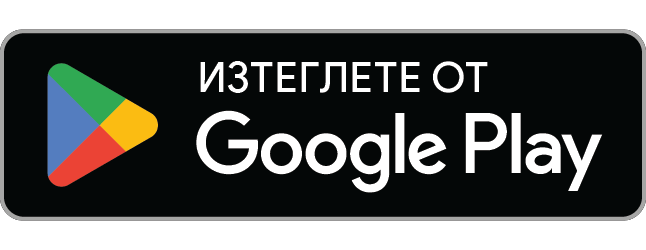- Начало
- Онлайн тестове
- за Ученици
- По Английски език за 12 клас
- Тест английски език - ДЗИ 2009
Тест английски език - ДЗИ 2009
Това е тестът, който се падна и е решаван на матурата по английски език през май 2009г. Дадени са въпросите за четене с разбиране.
Информация и рейтинг
| Дата: | 2021-06-29 10:35:12 |
| Предмет: | Английски език |
| Предназначен за: | Ученици от 12 клас |
| Въпроси: | 15 въпр. |
| Сподели: |
Публикуван от
3
Someone informed the Roman soldiers about Valentine’s secret illegal marriages.
4
The Emperor was so impressed by the young priest that he let him go home.
5
By writing “Remember your Valentine” the priest encouraged his friends to love each
6
Directions: Read the text below. Then read the questions that follow it and choose the best answer to each question, marking the answer on your answer sheet.
Google
There’s a lot more to Google than searching for words. Google can find images, videos and more. Google Earth zooms in on interactive satellite pictures of the planet. Picasa organizes photos; Google Scholar helps you study; Froogle helps you shop. The next generation of Google software will operate phones, mobile computers and MP3 players. And it’s advertising that pays for all that. If people look up “hotels”, it makes sense for hotels to advertise on that page. The internet is more powerful than ads in newspapers, TV and billboards, because people can buy with the click of the mouse.
So does everyone love Google? No, not everyone. Publishers sued Google for uploading millions of texts to its Book Search. Google says it’s an academic resource; publishers say they’re breaking copyright laws. Human rights groups condemned Google for accepting the “Great Firewall of China” – the Chinese government’s demand that the results for certain searches should not be displayed in China. The censored topics include Taiwan’s independence, the Tiananmen Square massacre and BBC news. Google says that, despite the compromise, it is better to participate in China’s development. Others insist that Google
restrict personal information. Should we be able to look up people’s addresses? Satellite images of their homes? What if your boss googles you? Or your crazy former lover? When does freedom of information become invasion of privacy? Google’s databanks are already precious for advertisers. In the future, will they know everything about us? Will they predict our needs? Dictate our desires?
With Google, you can
7
In the future Google will
8
According to the text, Google has been taken to court for
9
The “Great Firewall of China” is a name for
10
Some people are worried that Google may
11
Directions: Read the text below. Then read the questions that follow it and choose the best answer to each question, marking the answer on your answer sheet.
Human Babies
In contrast with the young of most other mammals, human babies are born at an extremely early stage of development. A baby horse can stand and walk right after birth, but a human infant cannot even turn over or crawl until months after birth. At birth, the baby’s skull is not yet fully formed, and its brain is not fully developed. Indeed, it has been estimated that human infants really “ought” not to be born until after eighteen months, instead of the actual nine months. So why are we born at such an early stage of development? Because of their large brains, human infants have extraordinarily large heads, and even at nine months it is rather difficult for the baby to squeeze through its mother’s birth canal. Most probably, another month or so of growth in the womb would make human birth impossible.
For years after birth, the child remains, to a large extent, helpless and totally dependent on its parents for survival. During this time it can hardly do anything for itself at all—except for one thing: it can learn language, and language learning is perhaps the most astonishing and wonderful achievement in our life. It is the one thing that children do better than adults: any physically normal child will learn perfectly the language surrounding it, while hardly any adult can perform the same feat.
At birth, the babies of most non-human mammals
12
Human babies would be independent after birth, if
Резултати от теста
| Верни ( от общо въпроса) | ||
| Грешни ( грешни и без отговор) | ||
| Време |




